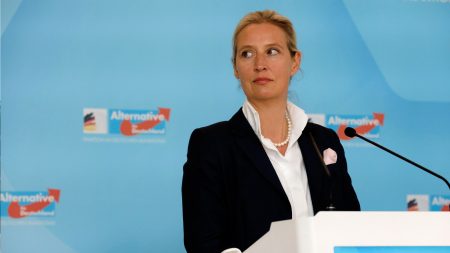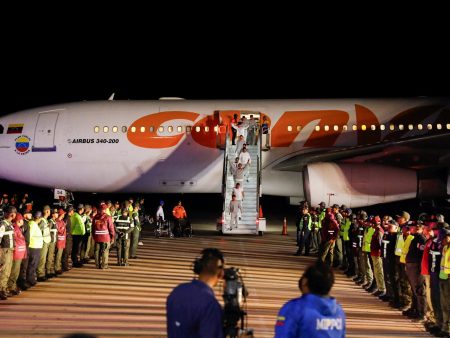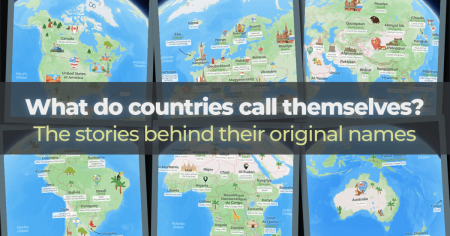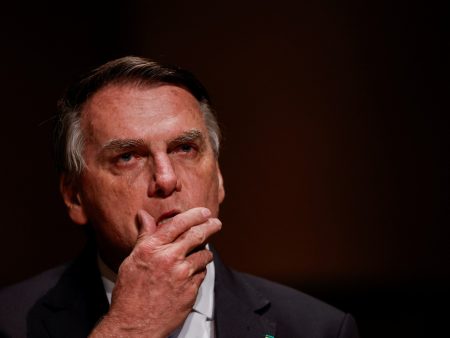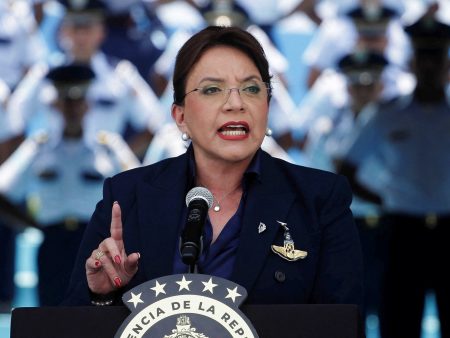Ricardo Santiago, the head of Médecins Sans Frontières (MSF) operations in southern Mexico, is observing a significant uptick in the number of migrants and asylum seekers making their way to the US border. In particular, he points to individuals like Ramirez who are rushing to cross before the anticipated inauguration of former President Trump. This surge in migration presents a stark contrast to the recent decline; government reports noted September 2023 had the lowest number of apprehensions at the US border in four years. Nonetheless, Santiago has reported a resurgence in migrant numbers, indicating that caravans which previously consisted of hundreds of individuals are now swelling into the thousands. This trend is notable especially as MSF’s medical team in Santiago Niltepec has seen a rising number of migrants seeking medical assistance during this time of heightened movement.
The concept of forming caravans among migrants is not new; it gained traction in 2018 when groups of migrants began banding together to pursue safer passage to the US. These collective efforts were designed as a countermeasure against human traffickers who typically charged exorbitant fees for transit. Santiago recounted the journey of a caravan he encountered in November, which comprised approximately 2,000 individuals, including the Perez family. Members of this caravan reported enduring arduous conditions, walking up to 40 kilometers daily—often during the night to escape the sweltering daytime heat. The camaraderie and sense of safety in numbers provide comfort to travelers, yet Santiago warns that the unity often diminishes over time, leaving many vulnerable as they strive towards their goal.
Despite the protective benefits, the migrant caravans are not free from peril. Santiago highlighted that these groups face threats from external factors such as criminal organizations and corrupt officials. As the caravans grow larger in number, they also become prime targets for organized crime, including Mexican drug cartels that employ violence and intimidation tactics to exploit the migrants. Reports indicate an alarming rise in violent incidents faced by members of the caravans, with Santiago noting an increase in the proportion of patients exhibiting signs of violence during November. These encounters with external groups, along with internal conflicts, pose serious risks to the safety and well-being of migrants traveling together.
Violent confrontations frequently occur not just from external forces but also within the caravans themselves. The pressures of the journey can lead to disagreements and even fights among members, compounding the already precarious situation. However, the predominant threat remains the violence inflicted by organized criminal elements. Santiago stressed the urgency of the issue, having received troubling reports of widespread kidnappings, extortion, and sexual violence targeting vulnerable individuals—particularly young people and women. The combination of external and internal risks illustrates the multifaceted dangers that those in the caravans encounter, complicating their already arduous journey.
Health concerns also play a critical role in the plight of these migrants. Falling prey to both physical ailments from the grueling journey and potential violent encounters poses a dual threat to their survival. The MSF team in Santiago Niltepec is on the frontline, providing essential medical care to the influx of migrants. Santiago’s team addresses a range of healthcare needs, including treatment for injuries sustained during their trek, illnesses exacerbated by harsh conditions, and psychological trauma linked to violence or loss along the way. The humanitarian role of MSF highlights the urgent need for medical intervention as the number of migrants continues to swell in the region.
In conclusion, the ongoing situation for migrants and asylum seekers in southern Mexico presents a complex interplay of hope, desperation, and danger. As large-scale caravans recommence their journeys toward the US border, they not only demonstrate the will of these individuals seeking a better life but also illuminate the myriad of challenges they face—from natural elements to criminal exploitation. MSF’s efforts in providing medical assistance underscore the humanitarian crisis that surrounds migration, driven by violence, economic instability, and a dire search for refuge. The path forward for these individuals remains fraught with uncertainty as they navigate the treacherous journey amid rising tensions and changing political landscapes.





